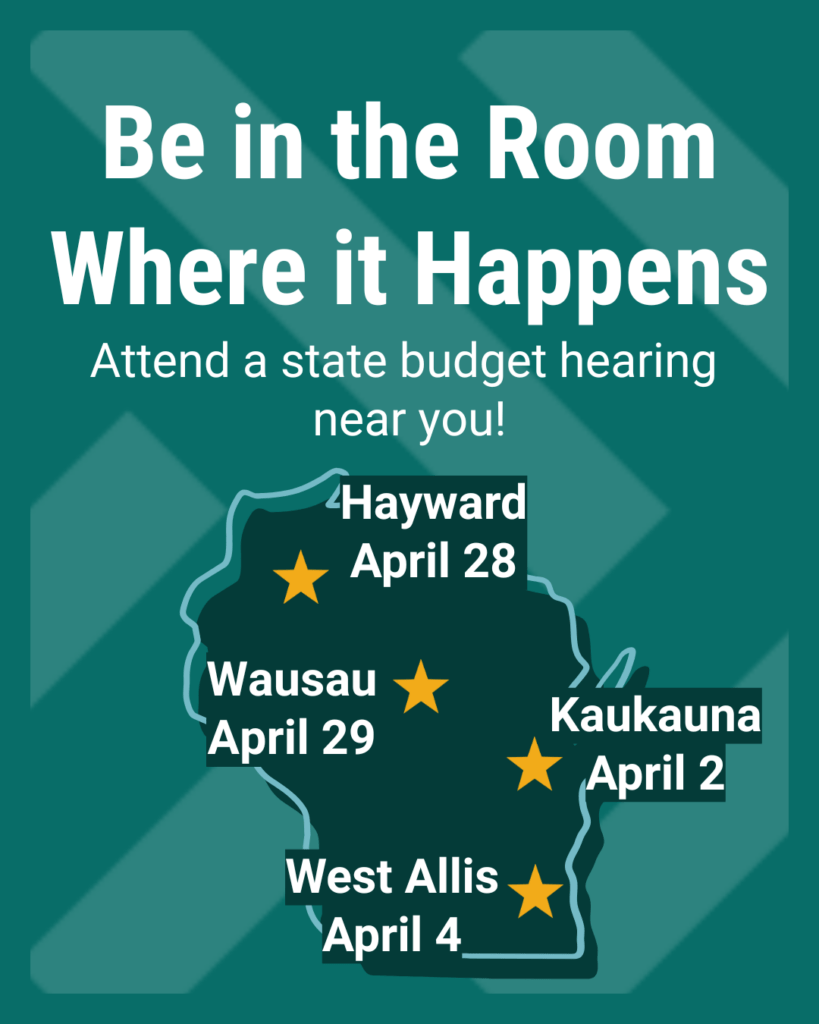Last month President Obama announced his Early Care and Education proposals for the Fiscal Year 2015 Budget. It is exciting to see ECE as a priority and the increases in funding are all significant. Unfortunately, these can only be viewed as goals right now. In the end the dollar amounts may be much less.
In addition to calling upon Congress to enact his historic Preschool proposal, the President’s budget would increase Head Start by $270 million, Early Head Start-Child Care Partnerships by $150 million, Preschool Development grants by $500 million, and CCDBG would be increased by $57 million, serving 74,000 more children than in 2014. Also, and importantly, $200 million of the Child Care and Development Fund would be dedicated to helping states raise the bar on quality by developing better health and safety standards, improving and increasing provider training, and improving parental access to information.
The President’s proposed budget would make significant investments in early learning that would help improve access to affordable, high-quality child care and preschool. The President proposes to fund these increased investments through base discretionary and mandatory funding as well as through a new Opportunity, Growth, and Security Initiative. This initiative would be supported by savings from changes to mandatory programs and the reduction of a tax break for wealthy individuals, with the additional funding split between defense and domestic programs, including early learning programs. The President’s budget would also fund a major preschool expansion through a tobacco tax increase, as first proposed in last year’s budget.
Thanks to the National Women’s Law Center for their detailed analysis.
Under the President’s proposed budget:
- Head Start funding would increase by $270 million, to $8.87 billion. This increase would include a $100 million increase for cost of living adjustments for current grantees. It would also include a $150 million increase for Early Head Start-Child Care Partnerships, to $650 million. The Early Head Start-Child Care Partnerships, which are aimed at expanding access to high-quality early care and education for infants and toddlers, would receive an additional $800 million through the Opportunity Initiative. With the additional funding from all sources, the Partnerships would be able to serve more than 100,000 young children.
Preschool Development Grants would receive an additional $500 million, which together with FY 2014 funding, would bring total funding for the grants to $750 million. The additional funding would be partially supported by funding from the base budget ($250 million) and partially supported by funding from the Opportunity Initiative ($250 million). The grants will be awarded competitively to states to build their capacity to develop, enhance, or expand high-quality preschool programs for children from families at or below 200 percent of the federal poverty level. With this funding, Preschool Development Grants will reach two-thirds of states by 2015. - Preschool for All, an initiative to make preschool available to all four-year-olds in low- and moderate-income families through federal-state partnerships, would receive $75 billion over 10 years. This preschool initiative would be paid for with a tobacco tax increase, which would help discourage smoking, particularly among teens, and therefore would have substantial health benefits.
- The Child Care and Development Block Grant (CCDBG) would receive an increase of $57 million in discretionary funding, to $2.417 billion. Of this total, $200 million would
be reserved to help states support improvements in the quality of care. In addition, CCDBG would receive an increase of $750 million in mandatory funding, to $3.667 billion. This additional funding would help maintain low-income families’ access to help paying for child care. - Maternal, Infant, and Early Childhood Home Visiting would receive an increase of $129 million, to $500 million. The proposed budget would provide $15 billion in mandatory funding over 10 years to extend the program through FY 2024. The program funds voluntary home visits by nurses, social workers, and other professionals to provide vulnerable families with supports and resources.
- Grants for Infants and Families (Part C under the Individuals with Disabilities Education Act) would receive an increase of $3.3 million, to $441.8 million. The program provides funding to states to support early intervention services for infants and toddlers with disabilities.
- Preschool Grants (Part B Section 619 under the Individuals with Disabilities Education Act) would be level-funded at $353 million. This program provides funding to states to support services for children ages three through five with disabilities.
- 21st Century Community Learning Centers would be level-funded at $1.149 billion. The program would continue to support before- and after-school programs, summer enrichment programs, and summer school programs. The Administration proposes to allow these funds to also be used to support expanded-learning-time programs as well as community schools.
- The Child and Dependent Care Tax Credit would be supplemented with an additional credit for families with children under age five. The additional credit would increase the maximum amount of child care expenses that these families could claim as well as increase the percentage of those expenses they would receive as a tax credit. The additional credit would also increase the benefits available to middle-income families. However, both the current and the additional credit would remain nonrefundable, and therefore unavailable to low-income families that have no federal tax liability.



